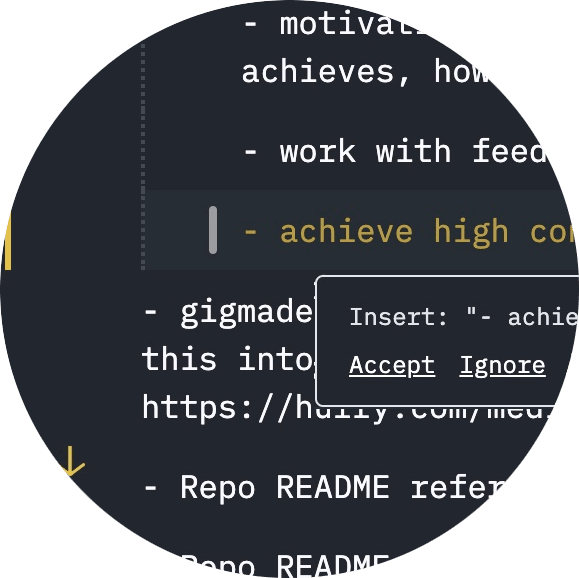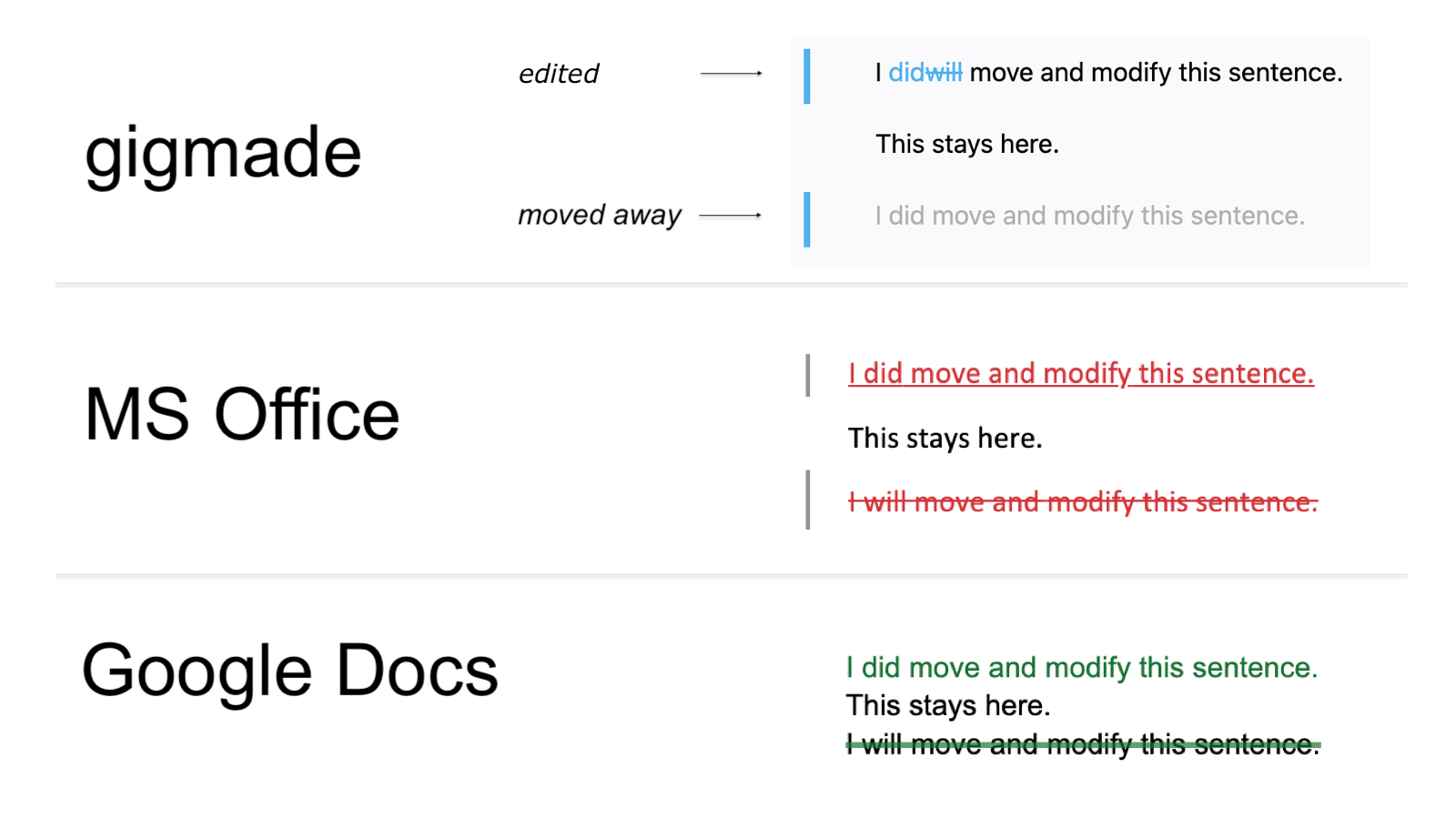Improving Document Collaboration

Need
A real-world laboratory for continuously optimizing sustainability policy. Need Efforts to improve sustainability are currently pursued in an unsystematic way. There is no clear criteria for choosing which sustainability initiatives to prioritize based on factors like feasibility, importance, or impact. Sometimes, efforts are chosen or ignored without good reasons. There is a lack of alignment between aspirational, scientific, and political goals. This lack of direction creates uncertainty and disempowers people, making them less motivated to contribute to sustainability improvements, which can harm these efforts. Approach In cognitive neuroscience, Bayesian statistical models help us understand how people make decisions when faced with uncertainty. We present the "Reallab" framework, which is a systematic approach for generating, choosing, implementing, and monitoring sustainability efforts. The "Reallab" framework makes it possible for participants to express their intuitive Bayesian thought process in a clear and measurable way. This helps participants reach a consensus on goals and their inner beliefs on the success of sustainability efforts. Furthermore, it enables participants to monitor ongoing initiatives and make adjustments based on new information as needed. Benefit The Reallab consolidates sustainability efforts under a unified approach to reasoning and decision-making. It can be applied to small and large efforts of any type. It provides a shared understanding of intervention impact and success likelihood at any time in the process It aligns aspirational, scientific, and political sustainability goals. It offers predictability to those planning sustainability efforts. It provides guidance to those financing these efforts. It supplies evidence to decision-makers involved in sustainability initiatives. Finally, it acts as a valuable repository of interventions with their outcome to inform strategy.
If you collaborate on documents, change highlighting using Track Changes or Google Docs Suggest is likely your key tool.
Also, you likely suffer its downsides: It can be very challenging to understand edits made with "Track Changes", making it insufficient as a tool to negotiate agreement among multiple variants:
- "Track Changes" are virtually glued to the shared document. Multiple alternative versions of a section can hardly co-exist, making it challenging to negotiate, reach agreement, or find compromise.
- Meaningful changes, such as editing and moving a section, can be very hard to grasp.
- When working together online, there is no support for tentative or private proposals - every suggestion is immediately visible to everyone.
Collaboration is the ability to negotiate
As a result, contributors experience discomfort in overwriting others' content. This stifles creativity and obstructs the desired content negotiation process.
For real collaboration to happen, we need an ability to fully negotiate document content. "Track Changes" does not foster that collaboration.
Approach
We need an approach where we can first formulate content without restriction, and only in a second step agree on what to include in the shared document version, and how to achieve compromise.
We have developed a web application to improve collaboration through three key enhancements. For the tech-savvy: there are similarities with the git approach:
- First, it ensures contributors do not overwrite each other by automatically assigning a document copy to every contributor. This way, even heavily redacted sections can easily receive new proposals.
- Second, it makes edits understandable by calculating actual change instead of simply tracking edit history as "Track Changes" does.
- Last, edits stay private until contributors consider them ready for review. When contributors share their work, this creates a document version.
TrackUnderstand changes
To improve understanding of changes, we have developed a custom algorithm that presents modifications made by any contributor as intuitive, atomic changes. These can be individually accepted, rejected, or modified, facilitating negotiation and reaching agreement.
The algorithm is described on our Tree diff page.
The resulting "understandable changes" look very similar to "Track Changes", we only learn one new hint that "Track Changes" cannot produce: greyed-out sections indicate moved-away sections.
Lets look at an example:

Our application captures both sentence movement and word replacement, which both "Track Change" and "Suggest" fail to recognize.
Our algorithm detects two changes: A sentence move, and a word replacement. Both can be separately accepted or rejected.
In comparison, both "Track Changes" and "Suggest" offer only editing history: A sentence removed, a sentence added, with no indication that it is in fact the same. Spotting this manually becomes exceedingly difficult on meaningful changes.
Benefits
There are important benefits to this collaboration approach:
- Understand changes of any complexity and by multiple contributors
- Freely and concurrently edit the document, without having to navigate around other contributors' redactions
- Negotiating change and finding compromise become a seamless part of the editing experience
- Increase the number of contributors without losing any clarity on competing changes
- Simplify document permissions management
- Fully automatic versioning and audit trail
- New workflows such as requesting private edits
Current state
An early version of the web application is currently being evaluated by a small number of businesses.